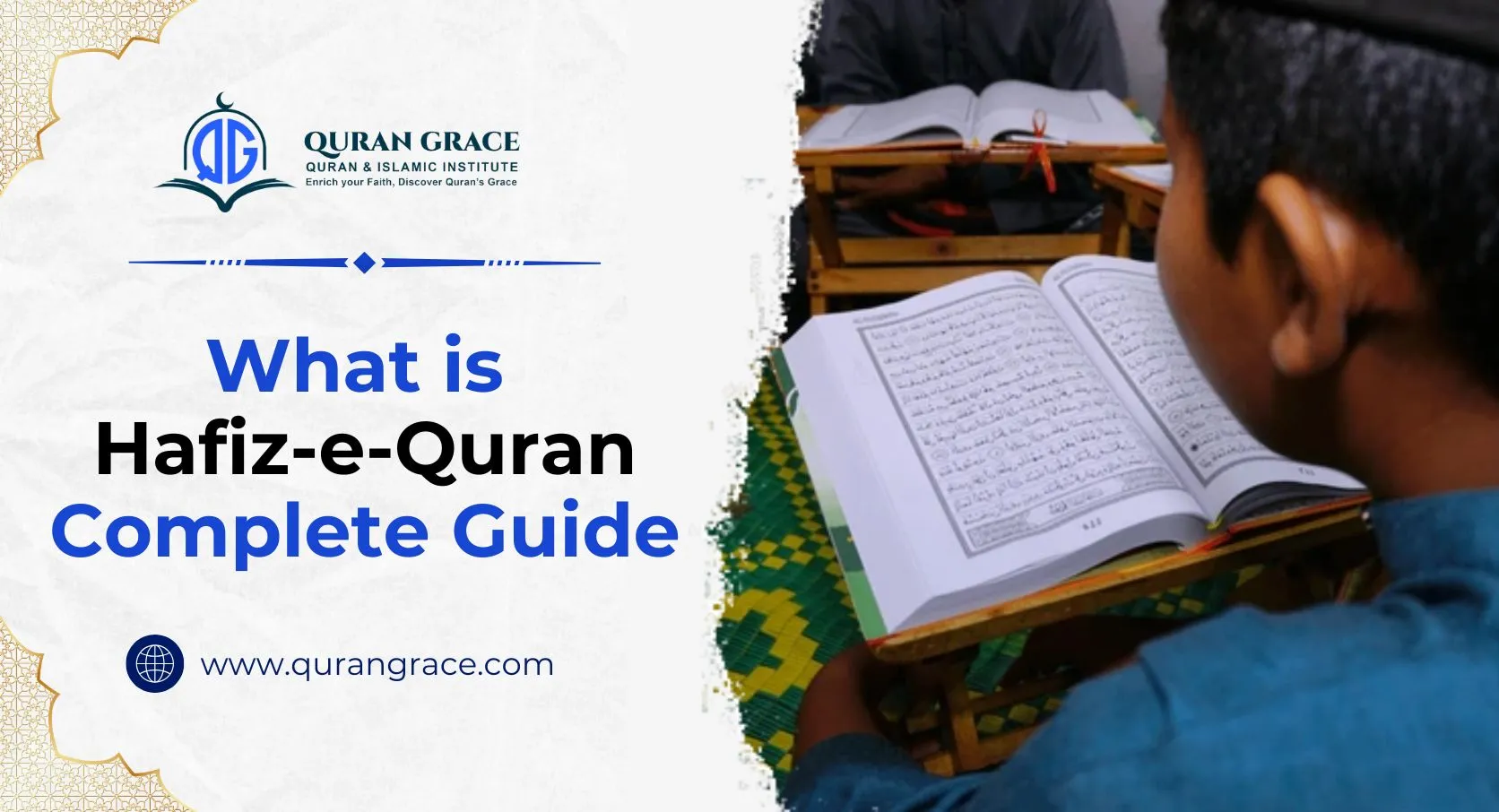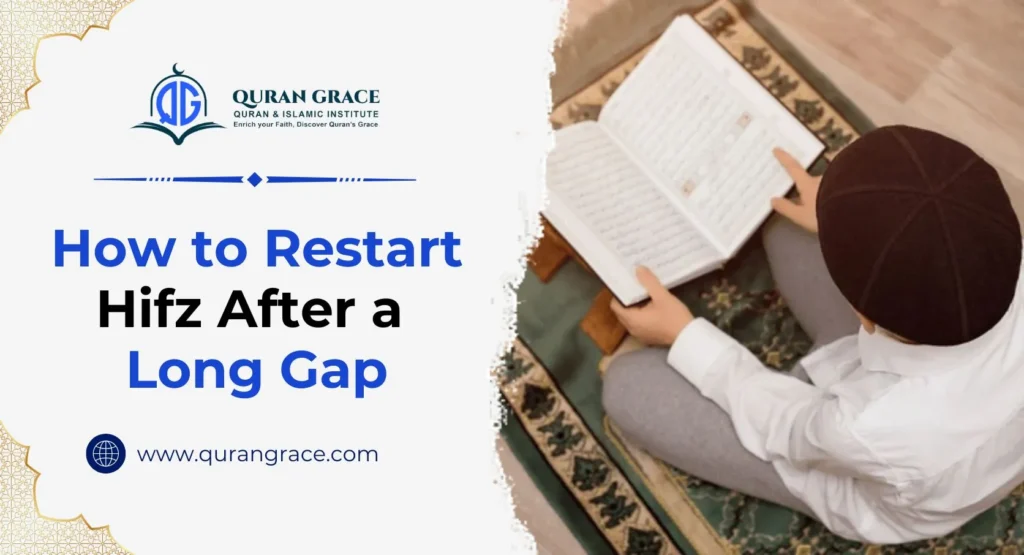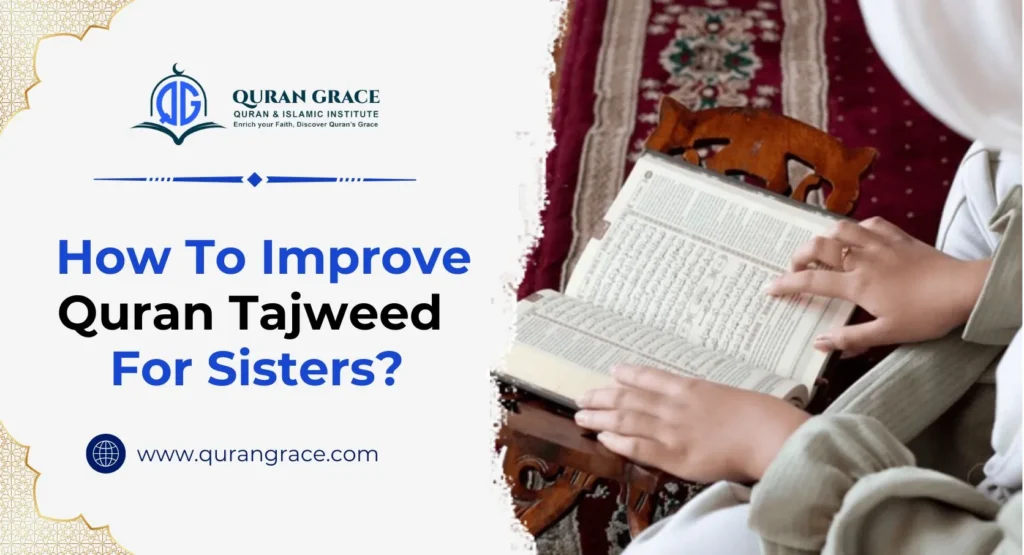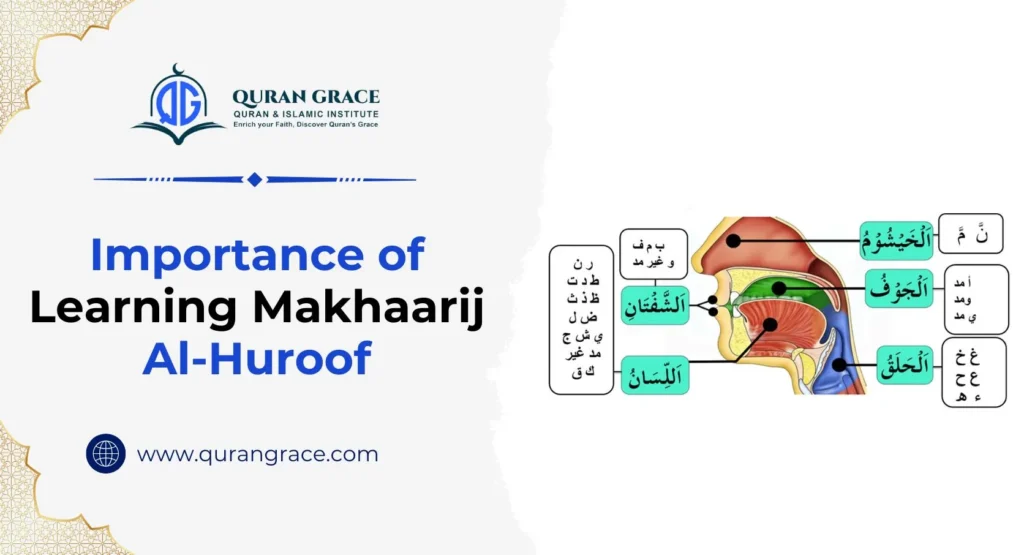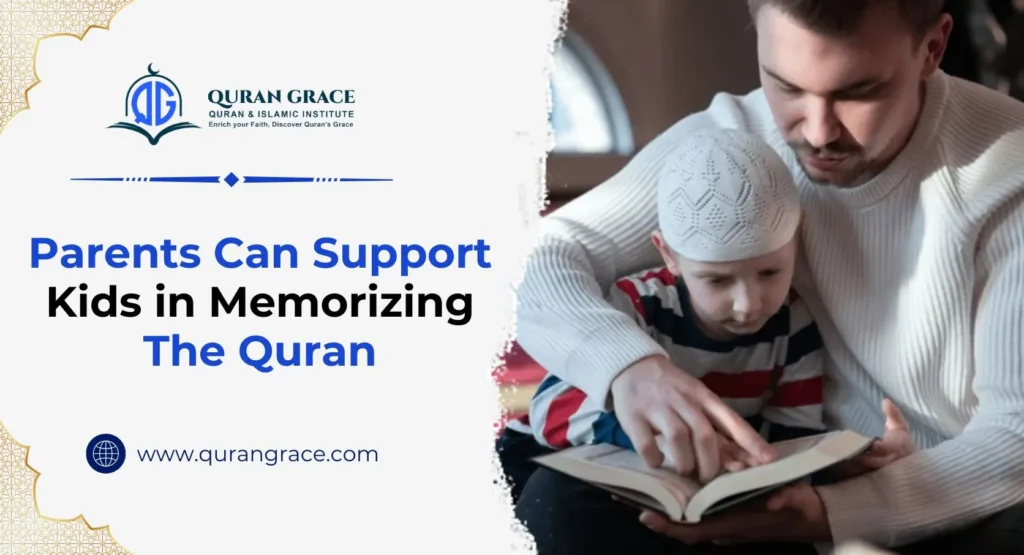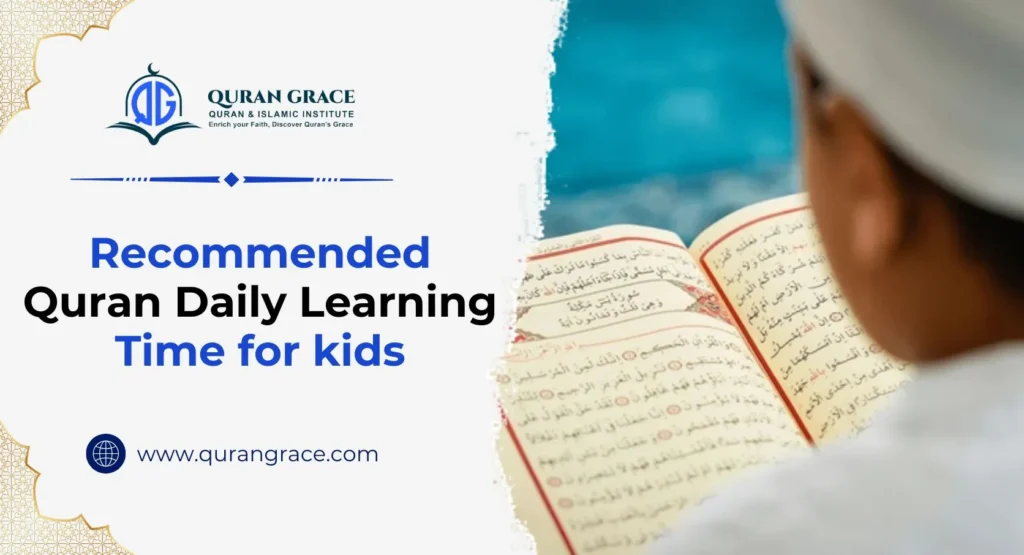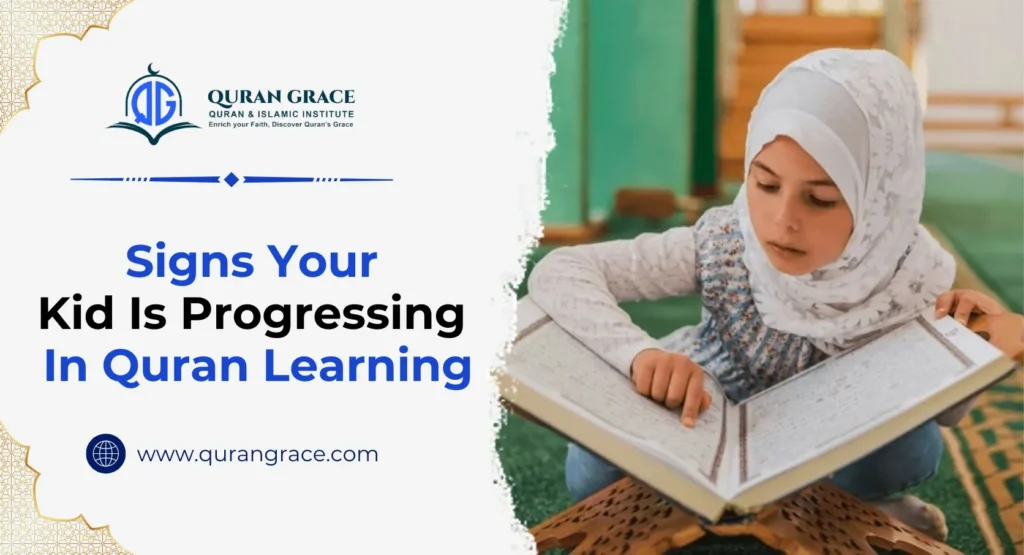The title of “Hafiz-e-Quran” holds a special and profound place within Islamic tradition, embodying much more than just an academic achievement. It represents a spiritual distinction, a lifelong commitment, and a guiding light of piety and devotion. Enrolling in a hifz course is the first step toward this noble journey, where one dedicates time, effort, and heart to memorising the Quran. To truly grasp its significance, one must delve into the intricate layers of its history, understand the challenging path it entails, and acknowledge the immense honor and responsibility that accompany it.
The Origin and Preservational Role of Hifz
The practice of hifz is inextricably linked to the very revelation of the Quran. Unlike other sacred texts, the Quran was revealed gradually over 23 years. The Prophet Muhammad (peace be upon him) himself was the first Hafiz. He would receive the revelation and immediately commit it to memory, a process aided by the Angel Jibril, who would review the verses with him annually.
The Prophet’s companions, referred to as the Sahaba, understood the crucial importance of safeguarding the divine word in its original form. In a time when printing presses didn’t exist, books were scarce and often susceptible to mistakes. The most dependable way to preserve these teachings was through memorization. Notable companions such as Zaid ibn Thabit, Ubay ibn Ka’b, and Abdullah ibn Mas’ud were renowned for their exceptional memories. They took on the role of educators, sharing their deep knowledge of the Quran with others.
This oral tradition of memorization was the primary means of safeguarding the Quran’s authenticity until its formal compilation during the caliphate of Abu Bakr and subsequent standardization under Uthman ibn Affan. Even after the written text was established, the tradition of hifdh did not diminish. It continues to serve as the ultimate check against any potential corruption, a living, breathing testament to the Quran’s unchanged and unchangeable nature.
The Rigorous Journey of Hifz
Becoming a Hafiz is a lengthy and disciplined journey that requires significant mental focus, spiritual strength, and physical stamina. The process is typically broken down into several structured phases:
- Correction of Recitation (Tajweed): Before starting memorization, students need to master Tajweed, the art of proper Quranic pronunciation. This involves understanding the correct articulation points for each letter, as well as the rules regarding elongation, pauses, and intonation. The aim is to recite the Quran exactly as the Prophet Muhammad (PBUH) did. Without sound Tajweed, the memorization process can be flawed.
- The Memorization Phase (Hifz): This phase is the core of the journey, where students, guided by a teacher, memorise new verses each day. A common quran memorization technique is the “page-by-page” or “Juz-by-Juz” method, which focuses on memorizing sections in succession. The teacher helps by correcting any mistakes during recitation. This phase can take anywhere from 2 to 7 years, depending on the individual’s age, commitment, and personal circumstances.
- The Revision Phase (Muraja’ah): This phase is crucial for retention. While memorisation is important, being able to retain what has been memorized is even more vital. Muraja’ah involves continuous review of previously memorized portions. A student often balances learning new verses while revising different sections of the Quran daily. This repetitive cycle is key to deeply embedding the Quran into the student’s memory.
- The Final Recitation (Sard): After memorising the entire Quran, students conduct a comprehensive final recitation in front of their teacher. This demanding session can last several days, during which the student recites the full Quran from memory without referring to the written text. Completing this final review grants the individual the title of Hafiz and a formal certificate (ijazah), signifying their achievement in mastering the Quran.
The Spiritual and Social Status of a Hafiz
The reverence for a Hafiz is deeply rooted in Islamic theology. The status of hafiz is highly honored, as a Hafiz is seen as a person who has internalized divine revelation, and their connection to Allah is considered exceptionally strong.
- In this world, a Hafiz is held in the highest esteem. They are often given the honor of leading congregational prayers (Imamah), especially during the month of Ramadan, when the entire Quran is recited in the Tarawih prayers. Their presence is sought at significant events, and their counsel is valued.
- In the Hereafter, the spiritual rewards for a hafiz are immense and well-documented in the Hadith.
- Elevated Status: The Prophet (PBUH) said, “The one who was devoted to the Qur’an will be told on the Day of Resurrection: ‘Recite and ascend [in rank], and recite as you used to recite in the world; for your rank will be at the last verse you recite.'” This means their place in Paradise will be determined by the entirety of their memorization.
- Intercession: A Hafiz is granted the extraordinary honor of interceding on behalf of ten of their family members on the Day of Judgment, provided they have earned the right to enter Hellfire.
- A Crown of Honor for Parents: The parents of a Hafiz are given a crown of light, a reward that symbolizes the divine grace and blessings bestowed upon them for raising their child in the path of the Quran.
The Ongoing Responsibility: More Than Just Memorisation
The journey of a Hafiz does not end with the last verse. It is a lifelong commitment to living by the Quran’s teachings. The true purpose of Hifdh is not just to be a human recorder but to be a living embodiment of the Quran’s message.
- Acting upon the Quran: The ultimate goal is to translate the memorized words into righteous actions. A true Hafiz is expected to be a person of impeccable character, honesty, and piety, embodying the ethics and morals taught by the Quran.
- Teaching and Spreading the Knowledge: A Hafiz has a responsibility to pass on the knowledge. Many Huffaz dedicate their lives to teaching the Quran to new generations, ensuring the chain of preservation continues.
Conclusion
In essence, a Hafiz-e-Quran is a bridge between the divine and the mortal. They are the living vessels of God’s final revelation, a testament to the power of faith and the enduring legacy of the Quran. At Quran Grace, we honor this sacred journey by offering comprehensive hifz classes for kids, adults, and ladies hifz classes, designed to make Quran memorization accessible to learners of all ages. The title of Hafiz is a reminder of a profound sacred trust — a commitment to protecting and living by the very words of Allah, a commitment that elevates a person in this life and the next.

